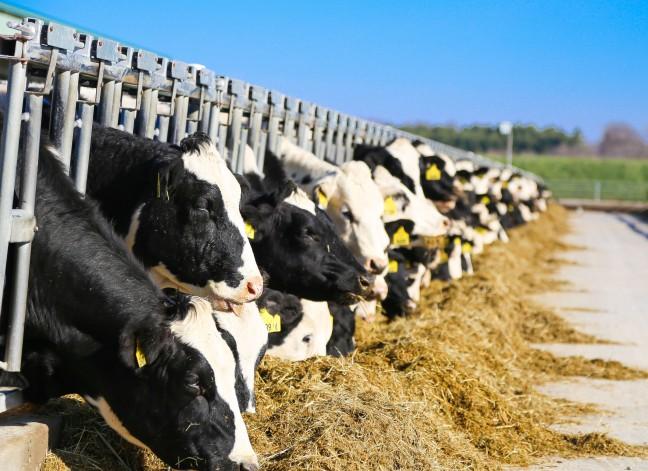Earlier this month, the Madison City Council made a decision about the rezoning of agricultural land near Dane County Regional Airport. With a majority of 15 to three, the council decided to change the designation of the Raemisch Farm site, which currently sits empty, from agriculturally zoned land to space that will be developed for new housing, expansion of commercial businesses, parks and urban agriculture.
The decision is rather shocking, seeing that the Council previously denied the developing company, Green Street, in August 2021 and again this February. Previously, council members were against the idea for a variety of reasons, including potentially harmful noise pollution from Truax Field, which will house F-35 jets starting in 2023 and the number of market-value, single-family homes.
Green Street adjusted the plan to address these issues including strategies to mitigate noise pollution and more workforce housing. This designation is intended to serve the middle class — like police officers and teachers — as housing prices fall between market and affordable rates. With these changes, the Council voted in the other direction and approved the amended plan.
CARES, ARPA provide internet services for low-income communities
Still, there are three council members who continue to oppose the proposal. One of these opponents is District 13 Alder Tag Evers. He emphasized the permanency of paving over farmland.
Evers is worried the council does not know enough about the development to make such a permanent choice, and he had hoped to see the land used for more community farming, or purchased by a non-profit that would help unite the community more. Furthermore, Evers argued that the “affordable” housing provided in the development would most likely not be affordable to police officers and teachers at all.
With Evers’ points in mind, it looks to be that this development is driven by capitalism and urbanization. But is it necessary? As many college students are aware of right now, Madison is experiencing a housing crisis. Students are scrambling to find living arrangements for fall 2023 before the end of the month, when most good options are expected to be gone. Madison is one of the fastest growing cities in the midwest, and it is struggling to keep up with its number of residents. This rapid change marks a significant shift away from agricultural land development in Wisconsin.
Wolf population data reveals shortcomings in outdated management plans
There is no lack of pride for “America’s Dairyland” across the state of Wisconsin. From the celebration of delicious, creamy local ice cream, to the new cow-print game bibs for UW students, it is obvious that Wisconsin loves its history of dairy farming.
But, especially in recent years, the landscape of Wisconsin’s dairy industry has been undergoing dramatic changes as large, industrial farms take over smaller, traditional, family-owned farms. Just five years ago, Wisconsin was home to over 10,000 farms, many of which were family businesses passed down through the generations. Over 2,700 of them have gone out of business when faced with competition from much bigger and more industrialized production sites.
To make matters worse, these industrial dairy farms are causing major negative environmental impacts. Residents nearby complain of runoff from manure polluting their well water. Also, more and more land has to be cleared to grow crops to feed the cows, which puts space needed to house livestock and grow food at about about 781.4 million acres in the United States.
Also, the cows themselves produce an immense amount of carbon dioxide. According to the BBC, the dairy industry was responsible for 3.4% of global carbon emissions in 2015, more than the footprint of airplanes and shipping combined. The state of Wisconsin is a large contributor to this number, being second only to California in the United States for dairy production.
Wisconsin needs to consider the drawbacks and reduce dairy production. It may be a difficult fact to accept for a traditionally dairyland state, but it is necessary for the future of the planet. Wisconsinites have to learn how to adapt agricultural practices to preserve the longevity of the earth.
Nurses’ agreement with UW Health leaves unionization unsettled
Farmers in the state can also work on regulating its agricultural practices to become more sustainable. They can learn from Indigenous communities, who have been using sustainable growing strategies like intercropping, polycultures, water management, agroforestry and permaculture to use land to grow food while taking care of it.
But what does this mean for the rezoning of the Raemisch Farm site and beyond? Madison and surrounding areas will continue to grow, and more agricultural land will be taken for housing and commercial development. Now, the community has a responsibility to use the land more responsibly to make an improvement from its use as farmland.
As human beings in a modern world, every person’s daily life can generate a hefty carbon footprint. But by being responsible with one’s actions and decisions, the Wisconsin community can make a positive impact on the environment.
Isa Whitten ([email protected]) is a freshman majoring in education studies.





















